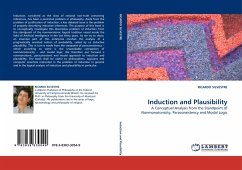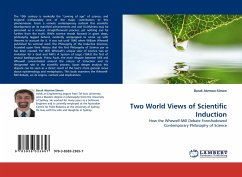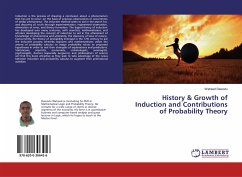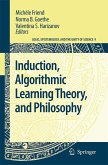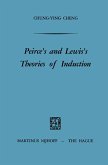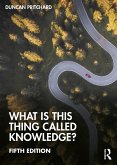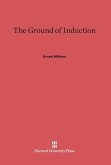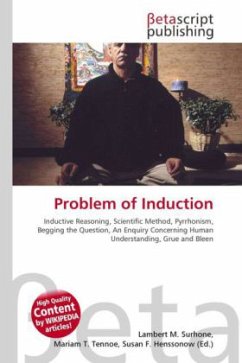Induction, conceived as the class of rational non-truth preserving inferences, has been a perennial problem in philosophy. Aside from the problem of justification of induction, a less debated issue is the problem of properly describing inductive inferences. The purpose of this book is to conceptually investigate this descriptive problem of induction from the standpoint of the nonmonotonic logical tradition raised inside the field of Artificial Intelligence in the last thirty years. As we try to show, an essential part of this enterprise involves the analysis of a pragmatically oriented notion of probability, called by us inductive plausibility. This in turn is made from the viewpoint of paraconsistency which according to some is the unavoidable companion of nonmonotonicity and modal logic. We therefore put forward a nonmonotonic, paraconsistent and modal approach to induction and plausibility. The book shall be useful to philosophers, logicians and computer scientists interested in the problem of induction in general and in the logical analysis of induction and plausibility in particular.
Bitte wählen Sie Ihr Anliegen aus.
Rechnungen
Retourenschein anfordern
Bestellstatus
Storno

